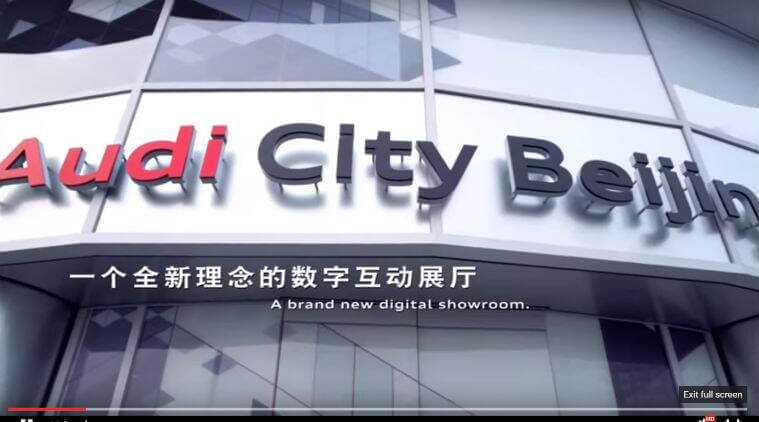The history of our bond with technology reveals a basic and simple relationship: we purchased machines and devices that we expected to fulfil a certain need. Be it computer for sending emails or a mobile phone for helping us stay connected constantly, we interact with technology with predictable reciprocity. This relationship, however, has changed. As devices become artificially intelligent, it seems we’ve reached a critical new phase where we are striving to please our gadgets.
Over the past few years, scientists and psychologists have started questioning technology’s effects on humanity. With an overwhelming average use of five hours a day, the fascination of youth with social media, our reliance on GPS to find stores two blocks away, or even a simple Google search as a replacement for finding the capital of Assam, technology could be transforming us.
We’ve all heard it before: “Kids falter on grammar because all they do is text,” or “Today’s generation misses everything going on around them because they’re staring at their phones.” Extreme critics even attribute a deterioration of our race to this new dominating power of technology.
However, technologists reckon we’re changing for the better. Our gadgets are helping us connect more with each other and the larger world on one hand, and becoming super useful by helping us discover new horizons in every sphere as well as making every life experience richer and more meaningful and even easier.
Technology can be the most powerful tool humans have discovered since fire, but there is a line between intrusive technology and “Supportive technology”. It is the latter that brings about a transformation in ways that enrich lives. And it is this that we should aim to deliver on.
Innovations such as the Audi City, the unique car-less showroom, greatly saved time for customers who would otherwise have to travel outside city limits. And while it did so it also gave the never before experience of virtually test driving over 40,000 configurations that you could put together yourself.
The brand used technology to solve a big problem that customers faced and addressed the emotional stress caused by constraints of time and travel. And then again, technology such as Amaral Carvalho Hospital’s project ‘ELO’ have touched lives in heart wrenching ways.
Elo is a specially manufactured talking teddy bear for cancer-stricken children who have to stay in hospitals and away from their loved ones for long periods. ELO contains a unique number and a speaker to read out Whatsapp audio messages to children sent by their family and friends.
Elo may not be able to cure cancer, but it sure does take care of the intense loneliness, fear and pining desire to express love in a way that will change you forever.
Technology itself is often developed for enhancing lives. But we tend to misuse it to our own physical, mental and emotional detriment. With super useful technology comes a super stressed life fuelled by our own behavior, rising aspirations and a fear of becoming unconnected to this new world. It has changed our preferences of talking to texting. We don’t want to call our friends & family for wishing them on their birthdays but are comfortable posting a message on Facebook or Whatsapp instead. At the receiving end too we gauge how much we are loved by the number of likes.
Ironically, while getting connected to a wider world, we are becoming singular and reclusive in our living. Hyper-screen time interferes with our ability to recognise or comprehend our own emotions. After all, social skills are like other skills in life. You have to practice them to get better.
“Sensory dynamism”, a concept related to our perception, aids us in perceiving and decoding millions of variances that we view around us – colour, perspective, sound, feeling, and many others. But when you gaze at an iPad, you’re sensing just a few variables – and with email and SMS, you may barely be using your senses. Potentially leading to a problem of minimized sensorials.
Neema Moraveji, the director of the Calming Technology Lab at Stanford University, says “sensory dynamism can be a problem when it comes to an over-reliance on computer technology. Moraveji says technology can sometimes cloud our sensory judgement. We see only factual and textual information instead of an array of human emotions”.
Is technology making us isolated and individual rather than interconnected, and primarily competitive rather than primarily collaborative?
We can, and do, become emotionally intertwined with tech
Why the anxiety over checking our phone over 150 times a day. Why? Not just because we’re scared to miss an important email, but because endorphins are released when we check our social media. Typically triggered by positive human-to-human interactions, exercise, and eating a satisfying meal, endorphins are now being released after technology-based interactions.
If humans transform into more electronic than biological beings, we may ultimately lose the human-ness in us. Recognising technology for better living vs the only way to live is a distinction we need to learn.





